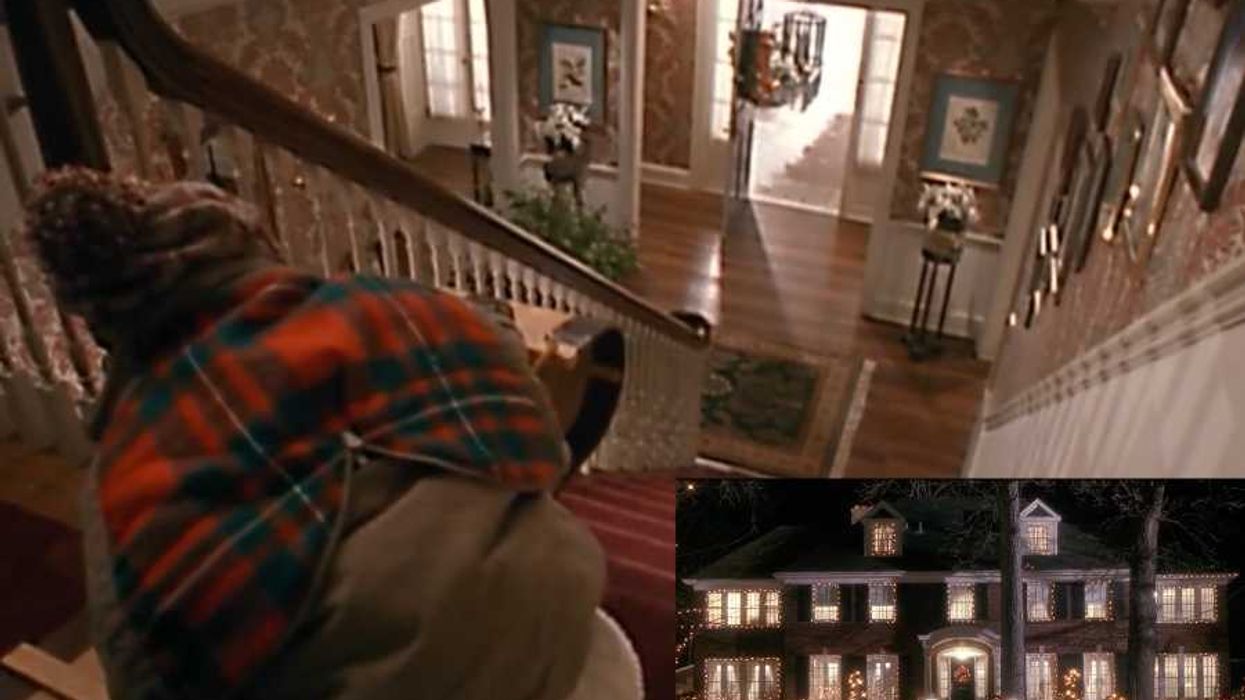There are a lot of adages when it comes to drinking, such as “Beer before liquor, never sicker” and “Beer before wine and you’ll be fine.” But is there any truth to them? And do certain alcoholic beverages make people behave differently than other drinks do? Some people swear that tequila turns them into a madman or wine makes them sleepy. Well, it’s a good thing there’s science to clear it all up for us.
The truth is, no matter what you drink it’s ethyl alcohol that makes you feel intoxicated. A beer might be 3 to 8 percent alcohol, while vodka is usually around 40. But in the end, it doesn’t matter how the alcohol was fermented or flavored—it’s the amount you consume that dictates your buzz and behavior. So if you drink 10 ounces of 40-proof vodka or 10 ounces of 40-proof whiskey, “the overall intoxicating effects of the alcohol in the drinks will be similar,” Dr. Rueben Gonzales, a professor of pharmacology at the University of Texas at Austin, told ATTN:.
Hangovers are more complicated. Alcoholic drinks that have a higher amount of congeners will give you a worse hangover the next day. Congeners are byproducts of the fermentation process. These can be methanol, acetone, tannins, or aldehydes. Wine and dark liquors such as brandy, bourbon, whiskey, and tequila have higher concentrations of congeners so they’re more likely to make you feel terrible the next morning. If you’re looking to avoid a hangover, gin and rum are low in congeners, and vodka is almost congener-free.
Now that you’ve been armed with this information, remember that the best way to avoid acting like a lunatic or getting a hangover is to drink responsibly. Bottoms up!

















 Otis knew before they did.
Otis knew before they did.